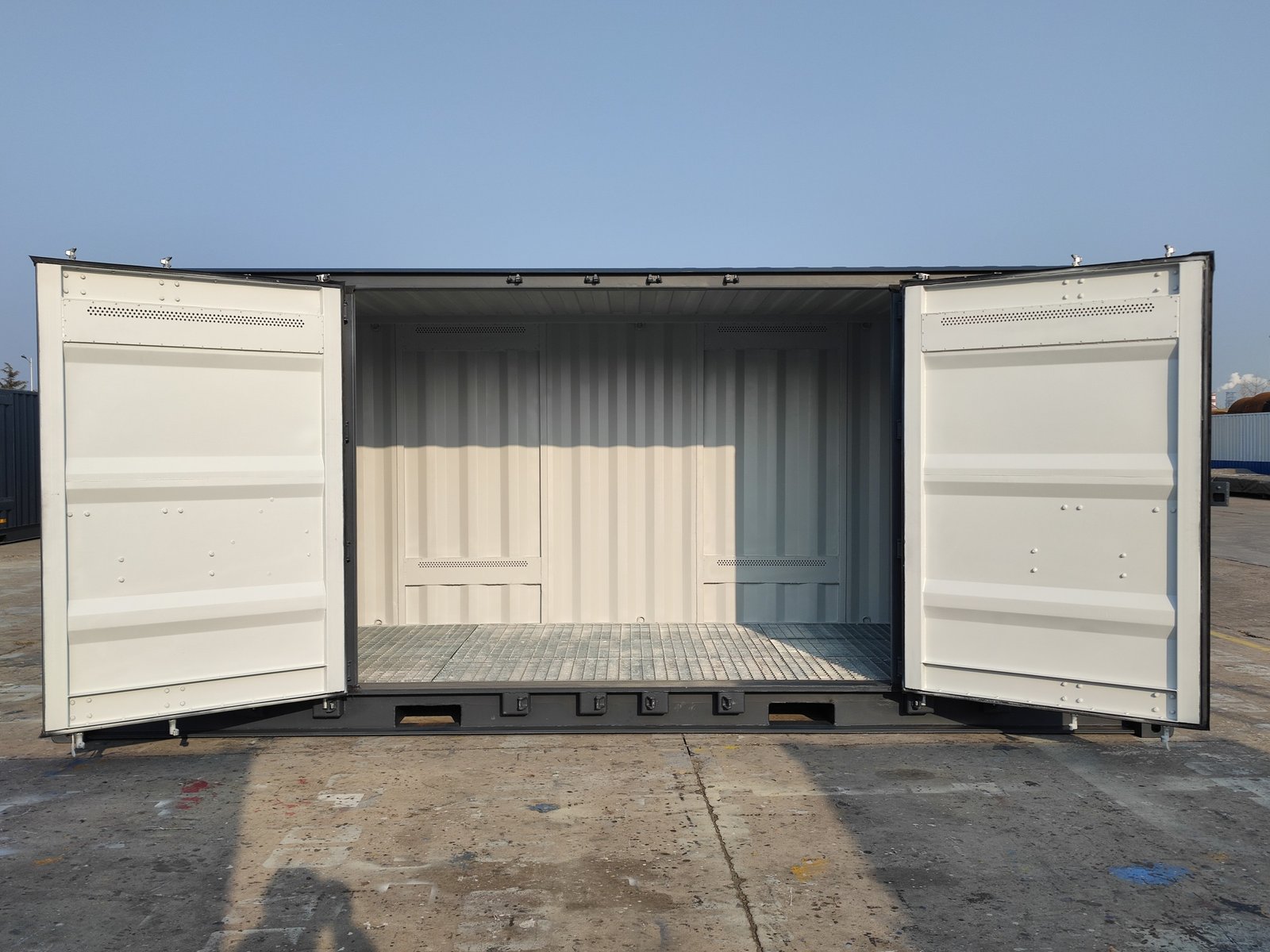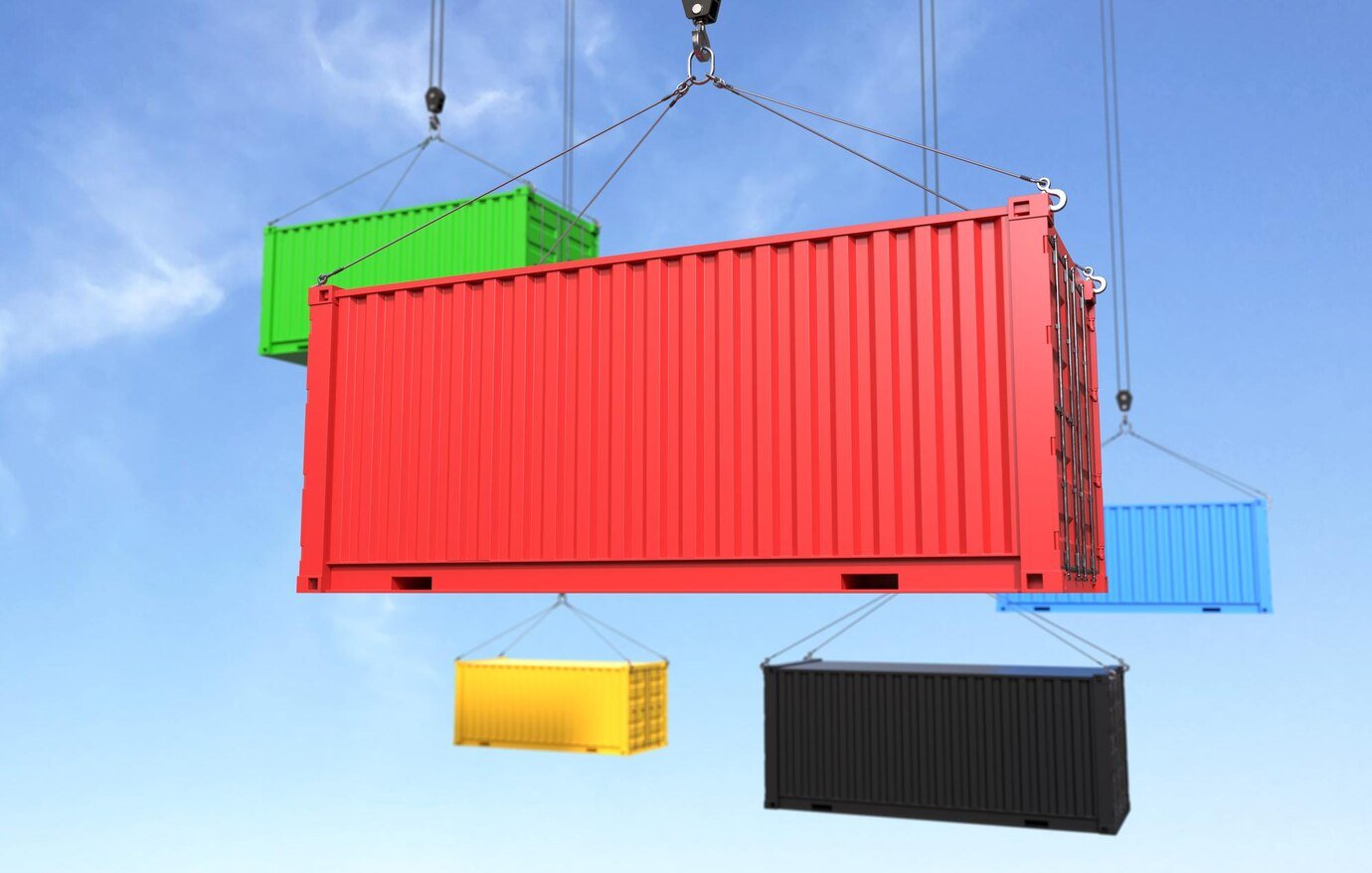Plastic Waste in the Ocean: How Shipping Contributes to Marine Pollution
Introduction:
The problem of plastic waste in the oceans has reached alarming levels, and the shipping industry is partly to blame. From lost containers to illegal dumping, ships are a significant source of marine plastic pollution. This article discusses the industry's role in the problem and what can be done to prevent further damage.
Main Points:
Shipping’s Contribution to Marine Debris:
Shipping contributes to plastic pollution in various ways, including the loss of cargo containers at sea, abandoned fishing nets, and illegal dumping of plastic waste. An estimated 1,500 containers are lost at sea each year, often carrying plastics that break down into microplastics and harm marine life.International Efforts to Regulate and Reduce Plastic Waste from Ships:
The International Convention for the Prevention of Pollution from Ships (MARPOL) aims to reduce pollution from ships, including plastic waste. However, enforcement of these regulations remains a challenge, particularly in international waters. Port reception facilities are also being improved to provide better waste disposal options for ships.Practical Steps Shipping Companies Can Take to Minimize Plastic Pollution:
Shipping companies can reduce plastic waste by implementing zero-waste policies on board, ensuring proper waste management systems, and using biodegradable materials. Companies should also invest in technologies that help locate and retrieve lost containers to prevent further pollution.


